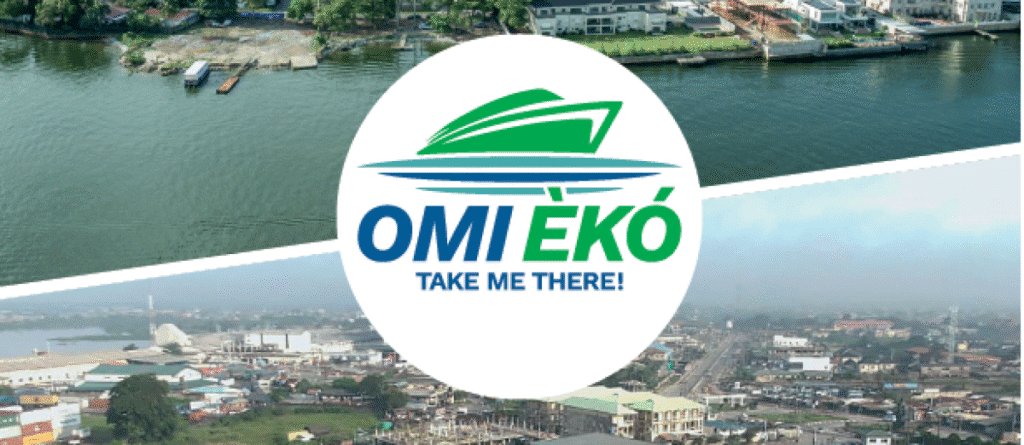The Lagos State Government has officially launched the €410 million Omi Eko Project, a landmark public inland waterways transportation initiative designed to enhance mobility and reduce traffic congestion across the Lagos Lagoon.
The launch event took place on Friday at the Five Cowries Terminal, the Lagos State Waterways Authority (LASWA) headquarters in Falomo, Ikoyi, where Governor Babajide Sanwo-Olu flagged off the project alongside key government officials and development partners.
The Omi Eko Project is being implemented by LASWA on behalf of the Lagos State Government and is part of the state’s vision to create a multimodal transport system integrating road, rail, and waterways.
Funding for the project comes through a €360 million investment facilitated by the Global Gateway Initiative, supported by the French Development Agency (AFD), the European Union (EU), and the European Investment Bank (EIB). The financing package includes a €60 million grant from the EU, a €130 million subsidized loan from AFD, and a €170 million subsidized loan from EIB.
According to project documents, the Omi Eko initiative will run from 2024 to 2030, with a total investment value of €410 million. The project’s goal is to establish a reliable, safe, and sustainable inland water transport network that can ease pressure on Lagos roads while promoting eco-friendly urban mobility.
It is structured around two main components. The first component focuses on the construction of inland waterways transport infrastructure and associated facilities. This includes developing 15 priority ferry routes, channelizing, marking, and dredging 140 kilometers of ferry channels, and building 25 ferry terminals and jetties.
The project will also install electric charging stations for e-vessels, set up maintenance depots, and improve road links to ferry terminals through new surface roads and transport connections.
In line with climate resilience standards, the land-based infrastructure is designed to withstand an 80% sea level rise scenario by 2100. Adequate drainage facilities will be integrated into terminals and jetties to prevent flooding, while marine infrastructure will use floating pontoons instead of fixed concrete structures to adapt to changing water levels.
Sustainable Transport and Innovation
The second component of the project focuses on developing sustainable operations and smart transport systems. This includes the acquisition of over 75 electric-powered ferries, the deployment of intelligent transport systems such as electronic ticketing, passenger information displays, control room centers, and vessel tracking technology.
LASWA will also undergo institutional capacity building to improve its operational efficiency, while a vessel industry transition program will be implemented to enhance safety and service standards within Lagos’s growing ferry network.
The Omi Eko Project is expected to transport over 25 million passengers annually once completed. According to the state government and its investment partners, the initiative will significantly reduce road congestion, cut carbon emissions, and provide a cleaner, more efficient mode of transportation for Lagos residents.
Stay tuned to 9am News Nigeria for more Breaking News, Business News, Sports updates And Entertainment Gists.
















